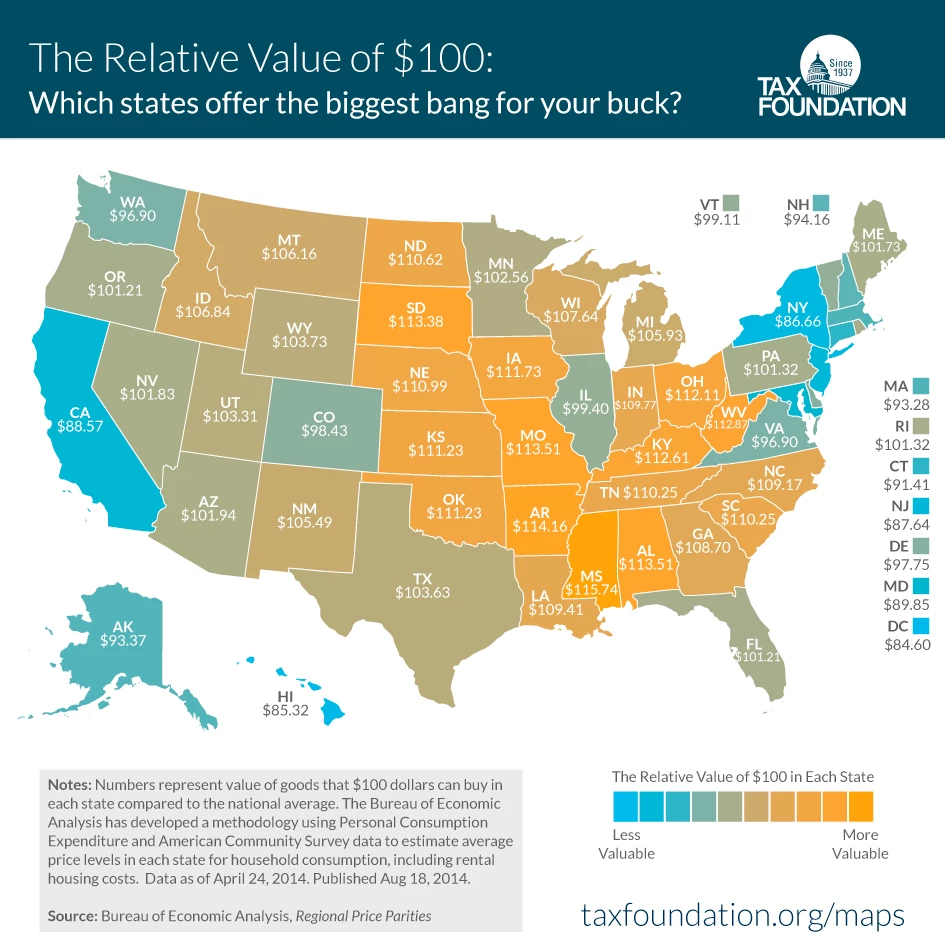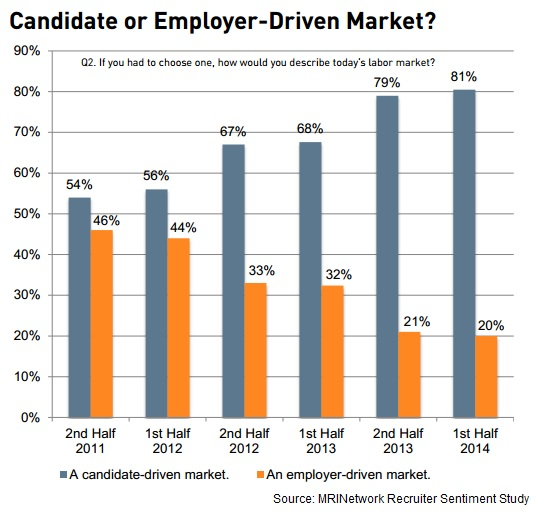At one point in my career, over a decade ago, I was working with a company where we hired a high percentage of foreign born applicants based on the technical skill set they had. Many of the names of these applicants were extremely hard to enunciate. Most of the hiring managers I worked with would spell the names out or say “the guy that worked at…” A few would try and say the names and butcher them badly.
Internally, in our recruiting department, we would ‘joke’ about asking these candidates to change their name to something it was easier for the managers to say, ‘Joe’ or ‘Charlie’ for instance. Deep down we knew we had some managers who would be more willing to interview if the name came across as ‘Joe Vishay’ or ‘Charie Xjang’. The manager would assume that because the candidate ‘choose’ an American name they must have better English skills.
It’s racism at a strange level. You want to hire the person, but you feel because you can’t say their name, they must not be worthy.
Check out this video –
This Man Changed His Name From Jose To Joe And… by buzzfeedvideo
I know if I asked 100 HR and Talent Pros if they were ‘racist’, 100 would say they were not. But, at a certain level we are. We won’t interview Jose, but we’ll interview Joe. You won’t interview Marcus, but you’ll interview Mark. My hiring manager wouldn’t interview “Arjun” but he would interview “Al”.
How do you stop this?
Hire Jose and Marcus and Arjun to do the hiring. That’s a start, at least. Call out those hiring managers who continue to not want to interview qualified candidates because they can’t pronounce the name of the candidate. You know who they are.
Also, educate your hiring managers, and give them the phonetic spelling of the candidates name. Let your hiring managers know the pride they feel about their own surnames is shared by cultures all over the world. I’m proud to be a “Sackett”. I get asked almost monthly by someone if I’m related to the Louis L’amour ‘Sackett’s’, and rarely do I point out those were fictional books!
Take the names off all your resumes you send to managers, as a ‘test’, and replace the name with a code number. Did it make a difference in who they chose to interview? It’s a great inclusion exercise to have with your leadership team.
No one ever wants to admit they are racist. The truth sometimes is very sobering. This isn’t about blame, this is about fixing what’s wrong. Great leadership teams will understand this.


